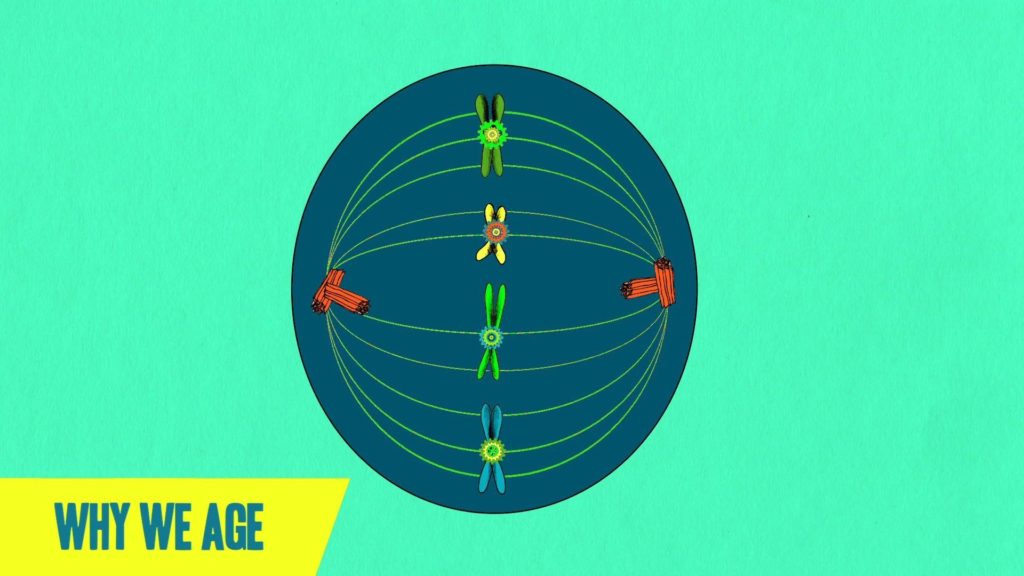Why We Age – And How We Can Stop It

Though we don’t know all the people in the world, we share a common thing that is – DEATH. According to sources, 150,000 people die every day from accidents or disease. In this article, we will be discussing the cells, genes and the activities that affect our longevity.
Contents
Cells
Every being that has ever lived on earth originated from a single cell and then became what it became with a composed collection of cells. When the body can’t succumb to the number of cells it possesses, the living being dies. There is a process of aging that happened to every living being on earth and it is defined as senescence.
Senescence in human beings
It has been well established that when a being reaches its sexual maturity, senescence takes place and after that one doesn’t possess the ability to battle against physical stress and disease. The fact states that almost everybody dies of something and not just old age which excludes animals.
Senescence in animals
There are some animals that possess negligible senescence where their age does not affect their lifespan and they don’t face the fate of losing the ability to reproduce. These animals die only when some kind of physical misfortune happens to them.
Lifespan
The somatic cells are repeatedly replicating. There comes a point when the cells of our body give up this process and hence result in our deaths.
Why do cells have a lifespan? When the cell no longer possesses the ability to replicate the telomeres in chromosomes, it quits. Telomeres protect the genes from performing any sort of error.
Genes
Experiments
Worms such as C. Elegans were experimented where their genes were mutated. These nematodes’ lifespan is 14 days and possesses 20,000 genes where only one gene (DAF-2) is responsible for their aging. So, when the gene was mutated, its lifespan doubled.
It was also discovered that the presence of a gene (DAF-16) helps in regulating the production of antioxidants and thus maintain a healthy living.
Humans
In humans, IGF-1 is a growth hormone created by a gene and when experimented on mice, it showed positive results. This does not guarantee that this will work on us human beings as well.
Calories
Besides helping in working and living, calories play an important role in our lifespan. Lower calorie intake equates longer life and elevates the growth hormone IGF-1 but there is no definite reason for this. There is a theory that the purpose of IGF-1 is to direct food energy towards growth, so when one takes fewer calories, the metabolism shift its job from growing to maintaining the number of existing cells but as discussed above it does not guarantee that what happened to the mice on the experiment will happened to human beings as well.
Look, how long your grandparents lived. 20%-30% chances are that one can live past 85. Lifestyle choices play a major role as well so try to live a decent and healthy one.






Responses